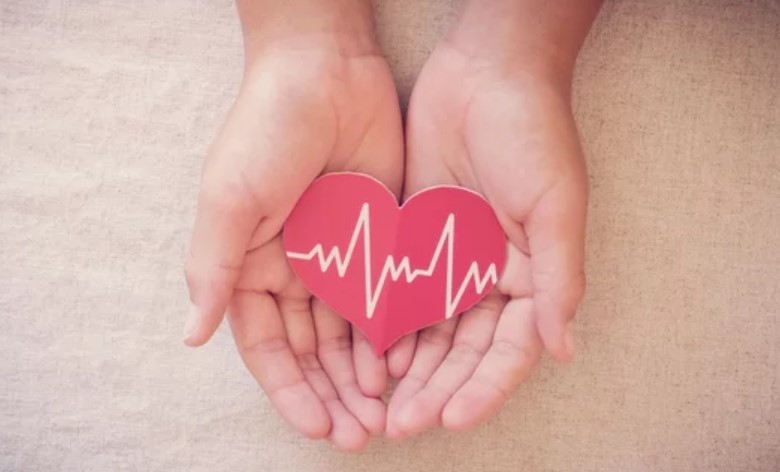On World Hypertension Day 2023, it is crucial to shed light on a silent health threat affecting millions of people worldwide. Hypertension, commonly known as high blood pressure, is a condition that often goes unnoticed but can have severe consequences if left unmanaged. In this comprehensive article, we will delve into the causes, symptoms, risk factors, and management strategies for hypertension, highlighting the significance of raising awareness and taking proactive measures to combat this global health concern.
The Prevalence of Hypertension
Hypertension has emerged as a global health issue, affecting approximately 1.13 billion individuals worldwide . The World Health Organization (WHO) estimates that hypertension is responsible for over 10 million deaths annually These staggering statistics emphasize the urgent need for widespread education and preventive measures to combat this silent epidemic.
Understanding Hypertension
Hypertension occurs when the force of blood against the walls of arteries is consistently too high. Often referred to as the “silent killer,” hypertension typically presents no symptoms in its early stages, making regular blood pressure screenings crucial for early detection. Uncontrolled high blood pressure can lead to various complications, including heart disease, stroke, kidney damage, and other organ failures.
Risk Factors and Causes
While the exact cause of hypertension is often unknown, several risk factors contribute to its development. These include unhealthy lifestyle choices such as a high-sodium diet, lack of physical activity, obesity, smoking, excessive alcohol consumption, and chronic stress. Additionally, certain medical conditions, such as diabetes, kidney disease, and hormonal disorders, can increase the risk of developing hypertension.
The Importance of Awareness and Prevention: World Hypertension Day 2023
Raising awareness about hypertension is crucial for individuals to understand its potential risks and take proactive measures to prevent or manage the condition. Public health campaigns, medical screenings, and educational initiatives play a significant role in promoting lifestyle modifications and regular blood pressure monitoring. By adopting a balanced diet, engaging in regular exercise, limiting salt intake, managing stress levels, and avoiding harmful habits, individuals can significantly reduce the risk of developing hypertension.
Treatment and Management Strategies
For individuals diagnosed with hypertension, effective management is essential to prevent complications and maintain overall health. Treatment approaches often involve lifestyle modifications, including dietary changes, regular physical activity, stress reduction techniques, and smoking cessation. In some cases, healthcare providers may also prescribe medication to help control blood pressure.
The Role of Technology and Innovation
In the digital age, technology and innovation have significantly contributed to hypertension management. Mobile applications and wearable devices enable individuals to monitor their blood pressure levels, track their lifestyle habits, and receive personalized recommendations for healthier living. Additionally, telemedicine services have made healthcare more accessible, allowing patients to connect with healthcare professionals remotely for guidance and support.
The Global Impact
Hypertension knows no boundaries, affecting people across nations and cultures. World Hypertension Day serves as a reminder of the collective effort required to combat this global health issue. Governments, healthcare organizations, and individuals must collaborate to promote awareness, enhance access to healthcare services, and implement preventive measures that can save lives and improve population health.
Final words
On World Hypertension Day 2023, it is important to recognize the significance of hypertension as a global health concern. By understanding the causes, risk factors, and management strategies associated with this condition, individuals can take proactive steps to prevent or manage hypertension effectively.
Through widespread education, awareness campaigns, and technological advancements, we can strive to reduce the burden of hypertension and empower individuals to lead healthier lives.





